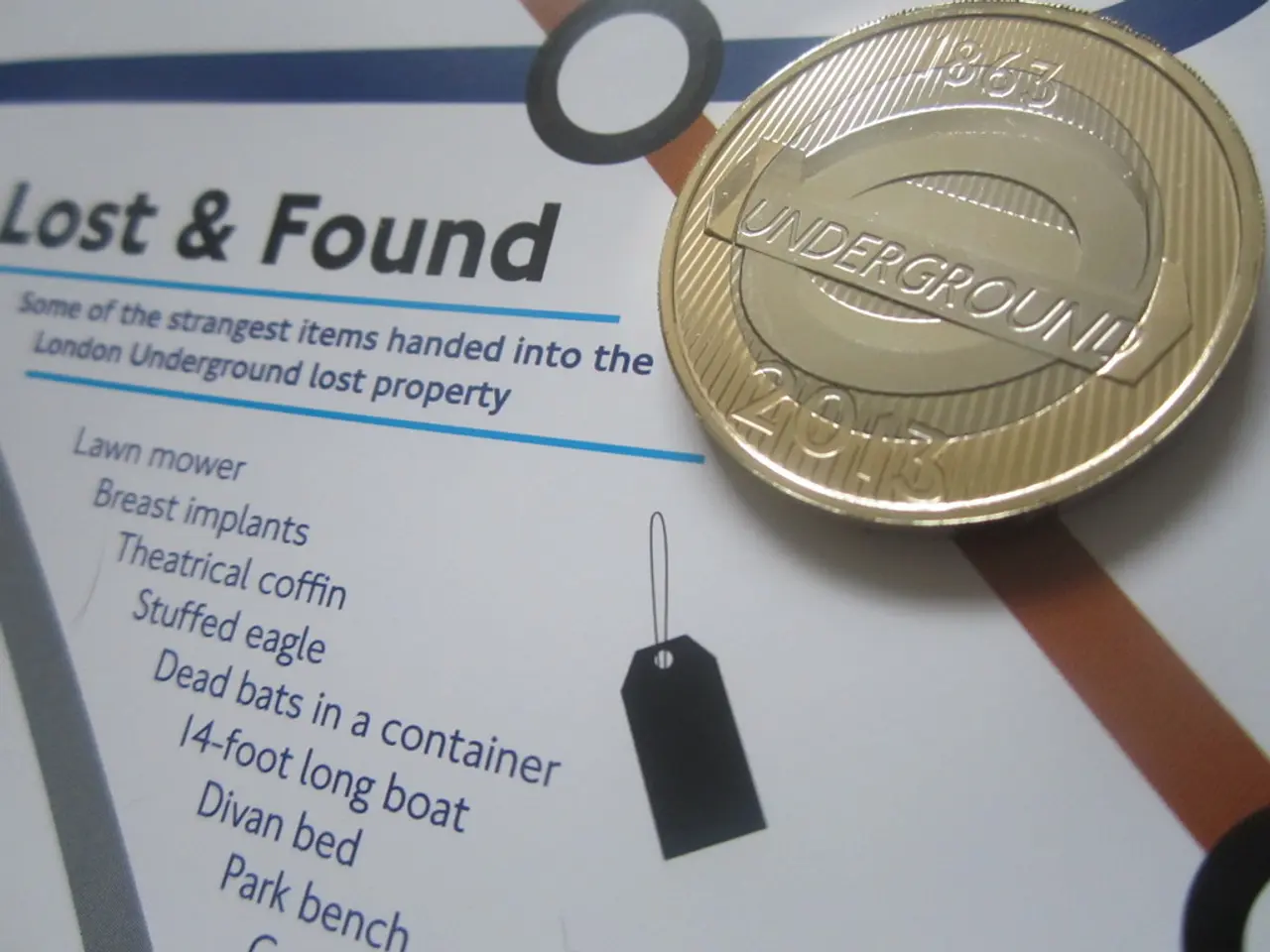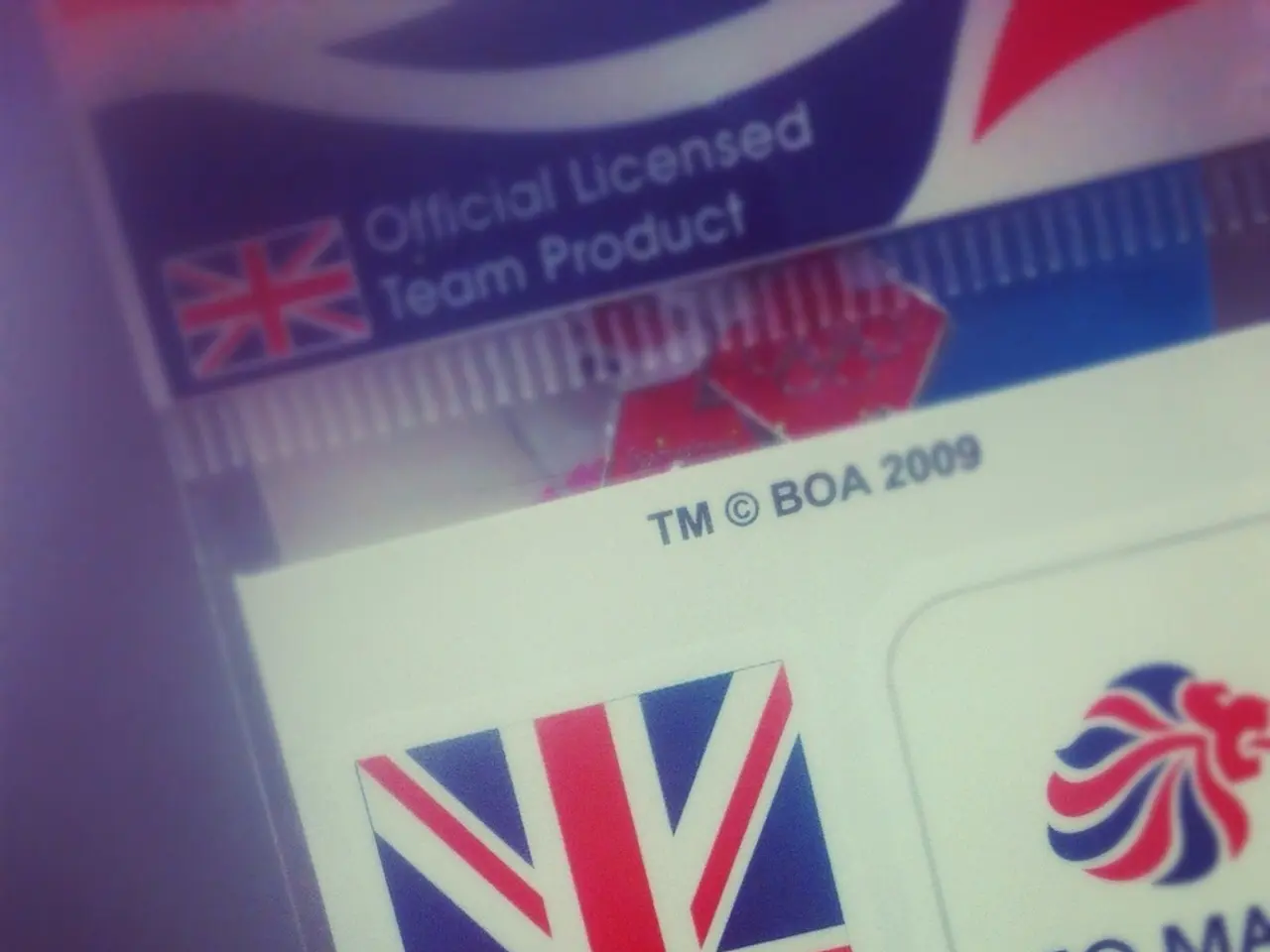The EU's Digital Identity (EUDI) Purse: An Overview
The European Digital Identity (EUDI) Wallet is a groundbreaking digital identity solution that is set to revolutionize the way EU citizens and businesses manage their digital identities. This wallet, currently under development, is poised to offer a universal, secure, and citizen-controlled digital identity system that will enable seamless, privacy-preserving, and trustworthy digital identity management across the EU.
The EUDI Wallet is being tested in ongoing pilot programs, involving diverse users and use cases, to identify potential issues and gather valuable feedback. These pilot programs aim to streamline verification processes for social security coordination, among other applications, while ensuring compliance and efficiency.
The wallet, which is being developed under the eIDAS 2.0 regulation that entered into force in May 2024, builds on existing national eID systems. It leverages privacy-enhancing technologies like zero-knowledge proofs to support data minimization and control for users, aligning with a shift towards decentralised digital identity under eIDAS 2.0.
The future impact of the EUDI Wallet on digital identity management and cross-border services is substantial. It will enable citizens and businesses to have full control over their personal data shared with third parties, improving privacy and transparency. The wallets will be interoperable across all EU member states, supporting both public and private digital services and thus facilitating easier access to government and commercial digital offerings across borders.
For governments, the wallet will enhance security, reduce identity fraud, and increase uptake of online services by streamlining identity verification. It aligns with Europe's broader digital building blocks strategy to create interoperable digital services, supporting a more integrated digital single market.
The EUDI Wallet can be used for a variety of daily conveniences, including verifying age for purchasing age-restricted products, storing gym memberships, library cards, and other membership-related services, and presenting digital tickets for events. It can also securely store and present digital health insurance cards, prescriptions, and educational credentials like diplomas, transcripts, and certifications.
Perhaps one of the most significant advantages of the EUDI Wallet is its focus on user privacy, security, and interoperability. This focus sets a potential benchmark for global digital identity systems. Building user trust is crucial for the successful adoption of the EUDI Wallet, and overcoming skepticism about data misuse or breaches requires comprehensive user education.
The success of the EUDI Wallet could inspire other regions to adopt similar user-centric approaches and create a more standardized and secure landscape for online interactions. It can securely store and share medical records with healthcare providers, ensuring quick access to essential health information. The wallet can also be used to access public services, including filing taxes online, applying for social benefits, renewing driver's licenses, and professional certifications.
The wallet's technical implementation prioritizes user security and data protection, incorporating advanced security measures such as encryption, secure data exchanges, compliance with privacy and security standards, and regular audits. The development and implementation of the EUDI Wallet are closely watched by other countries dealing with digital identity challenges.
The EU is also advancing ethical AI regulations through the EU AI Act, which focuses on making AI systems more transparent and accountable. The EUDI Wallet's open-source licensing promotes transparency and security assurance, key for gaining user trust. The website associated with the EUDI Wallet is a member of the World Wide Web Consortium (W3C) and upholds the standards for the World Wide Web, working towards a more secure and user-friendly online experience.
In summary, the EUDI Wallet is progressing through regulatory implementation and pilot testing phases, and is expected to fundamentally improve digital identity management by enabling secure, user-controlled, and interoperable identity verification for cross-border EU services. Its focus on user privacy, security, and interoperability sets it apart as a potential benchmark for global digital identity systems.
The EUDI Wallet is expected to revolutionize not only digital identity management but also various sectors of lifestyle, such as age verification for purchasing age-restricted products, storing membership-related services, and securely presenting digital tickets for events.
Furthermore, the EUDI Wallet, with its emphasis on privacy and security, can potentially serve as a financial tool by securely storing and presenting digital health insurance cards, prescriptions, and educational credentials, offering a more efficient and secure solution for managing essential documents digitally.




